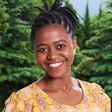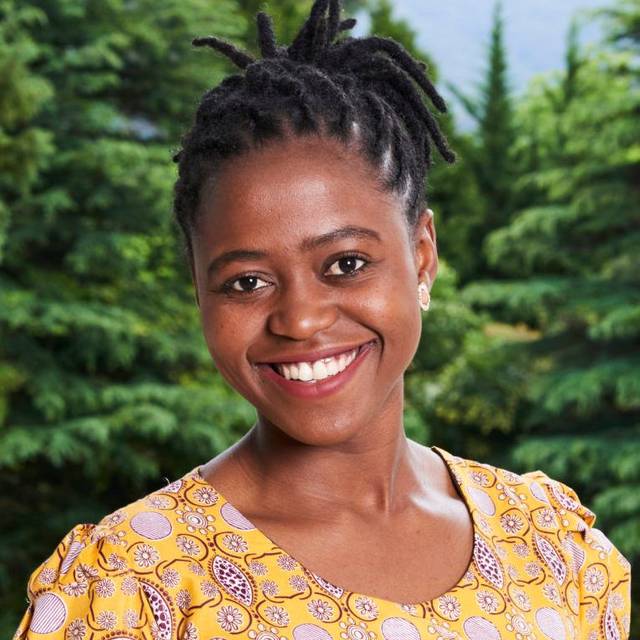
Scholar Stories
Crossing the finish line with Jill Samukimba
From orphanage to PhD and now, a Comrades finisher. Jill Samukimba (Zambia & University of Cape Town, 2018) is running toward a better future for Africa’s youth, one determined step at a time.
What inspired you to take on the challenge of the Comrades Marathon?
Interestingly, I did not know about the Comrades Marathon until 2022, when some of my siblings from the orphanage that raised me ran it. Because of them, I sat and watched the race the entire day. After the countdown at the end of the race, I called a friend and told her that we would be running the Comrades Marathon together next year. After a couple of minutes of convincing her, she agreed on the condition that we would keep it a secret so that if we fail to finish it, no one would know.
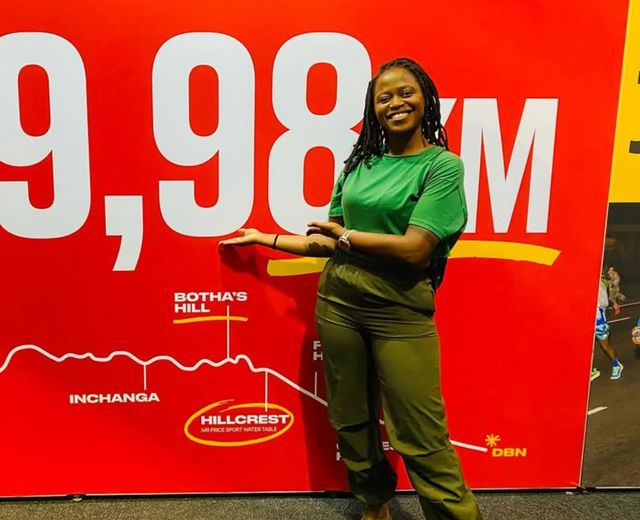
How did you physically and mentally prepare for such a demanding race?
As soon as I signed up to do it, I switched my mind to finishing it. Although there was always the fear of the possibility of not finishing, which made me anxious and nervous, I only mentally prepared to finish the race. Because of this fear, I showed up consistently for my training – I put in the hours and mileage, consumed a lot of Coach Parry’s content, attended comrades' webinars, and picked up weightlifting as an additional hobby.
Describe the most difficult moment during the marathon—how did you push through?
During my comrades marathon, I started struggling very early in the race. I had a stomach bug that wouldn't relent. It made me feel weak and sadly turned my hobby into a chore! However, DNF (Did Not Finish) was not an option for me. I had to run the race with my mind, ignoring the physical discomfort and pushing through until the end.
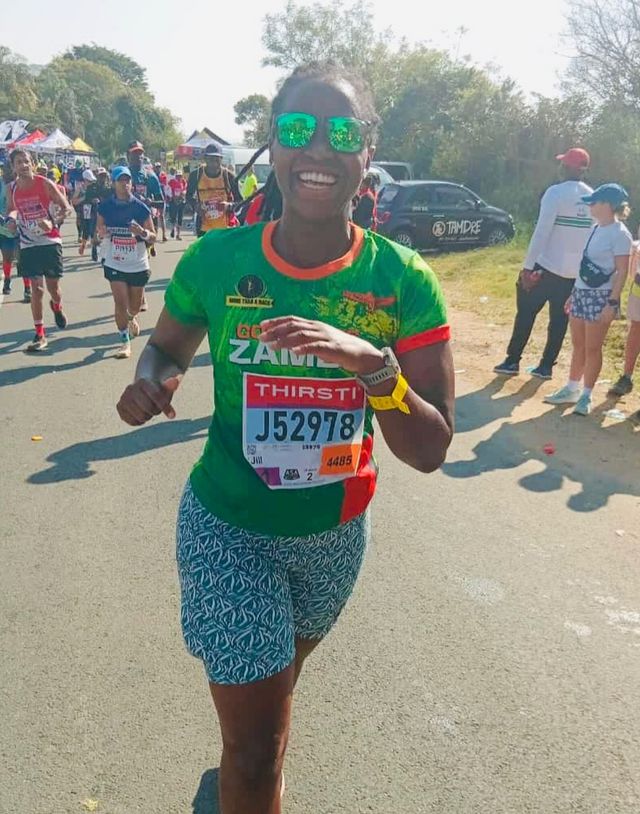
Was this your first race?
No. This was my third one. It was the slowest and most challenging one of them all lol!
What has motherhood taught you?
Motherhood has taught me so much. It has taught me to love with incredible depth. The love I share with my son has been profound and unconditional since day one. The way he reciprocates this love is refreshing and fulfilling. I had never known the true depth of unconditional love until I shared my life with my shining Ray.
You lost your parents at a very young age. How has that shaped who you are today?
Losing my parents and being raised in an orphanage has shaped me into the goal-getter and competitive achiever I am today. I channelled the pain of losing my parents into fuel; I transformed hardship into humility, resilience, and relentless hard work. You can only truly appreciate and take life-changing opportunities very seriously if you know what living in ‘lack’ feels like. When education was introduced to me in the orphanage, I saw a life-changing opportunity and grabbed it with both hands.
What did the Mandela Rhodes Scholarship open up for you—beyond academics?
MRF gifted me with a more self-awareness toolkit and provided a platform for me to unpack my past trauma and ignite my healing. Although I was initially resistant to the process, they truly understood me! I thought that nothing or no one would ever uncover the masks I wore until I encountered MRF. Their reconciliation and self-awareness process took me back to places I had buried and people I hadn’t mourned for years. It ultimately led to a meltdown in Aunt Pam’s lap, yet MRF gently allowed me to talk through my pain in a way that set me free.
You were recently awarded your PhD, what was your research topic and where to from here?
My PhD title was ‘Sustaining Father Involvement: Exploring Non-resident Fathers' sustained involvement in their children’s lives over a 5-year period.’ It was a qualitative longitudinal study which explored what it takes for non-resident isiXhosa unmarried fathers to be involved and sustain their active involvement in their children’s lives. The study is my contribution to disrupting the ‘single story’ of absent fathers and irresponsible masculinity in South Africa.
What inspired the creation of Yatilink Youth Development Center in Zambia?
Yatilink was born from my own struggle as a double orphan raised in a Zambian-based orphanage (SOS Children’s Village), I understand the harsh reality of entering adulthood unequipped. At the age of 16, I was thrust into independence without the guidance and emotional support of a loving adult. I survived, but no young person should have to navigate that alone.
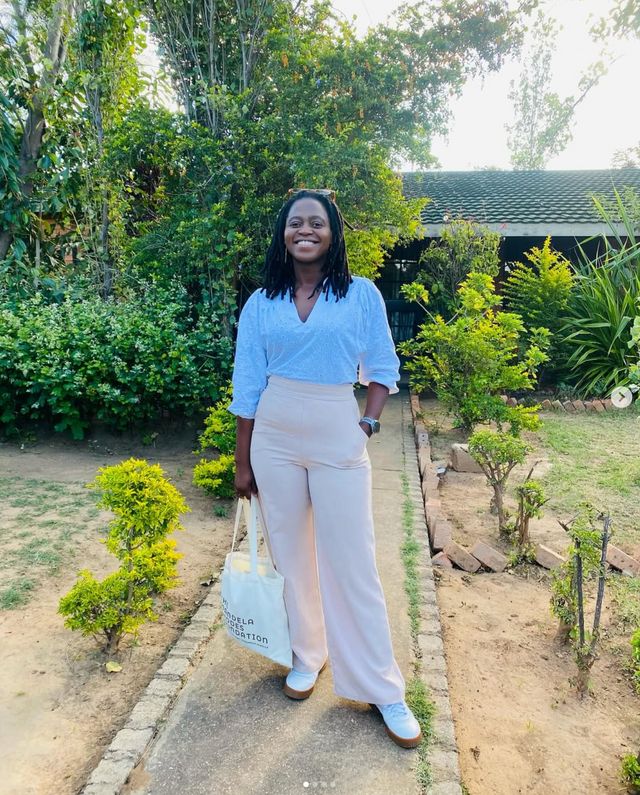
What’s your long-term vision for the organization?
Yatilink is addressing the unique challenges faced by a unique set of youths who are often left to fall through the cracks amid the many theory-driven youth advocacies. Our vision is for a world where every orphaned youth has access to equal opportunities and a sustainable capacity toolbox to thrive and achieve their full potential beyond the orphanage. Our long-term vision is to expand Yatilink across Africa, starting with the southern region.




